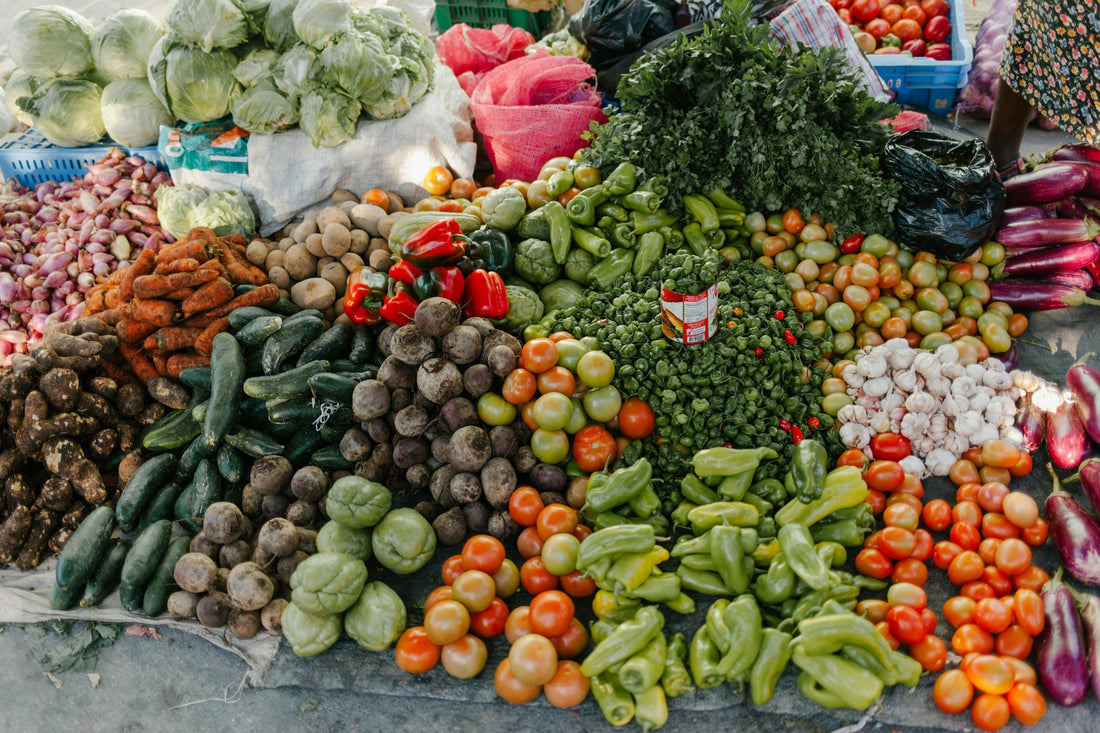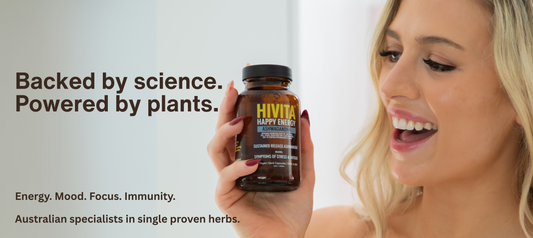Vitamins and Minerals we shouldn’t skip

HIVITA TECHNICAL TEAM
Micronutrients and Healing
Micronutrients – vitamins, minerals, and bioflavonoids - are not only essential components of the structure of skin and connective tissue, but they also assist with tissue healing. Healthy skin contains high concentrations of vitamin C, which supports important functions such as stimulating collagen synthesis, with the assistance of bioflavonoids, such as hesperidin, to promote cutaneous wound healing.
Minerals such as zinc, copper, and selenium have an important role to play in maintaining skin health. Zinc, in particular, is an essential cofactor of numerous metalloenzymes that manage connective tissue deposition during its healing process. Copper complements the role of zinc in wound healing, as it stimulates collagen maturation.
Vitamin A and other retinoids inhibit collagenase synthesis and promote collagen production to support the role of zinc. Vitamin A deficiency is also associated with delayed wound healing, as it has a key role in modulating the proliferation of epidermal keratinocytes and dermal fibroblasts.
Vitamin E reduces scar formation and significantly suppresses collagen breakdown by inhibiting MMP-1 (mixed metalloproteinase-1) expression. Vitamin E deficiency in animals has been reported to cause skin ulcerations and changes in skin collagen cross-linking, which leads to weak connective tissue production and poor wound healing.
In relation to sports and other injuries, evidence supports the role of vitamins and amino acids in facilitating multilevel changes in musculo-tendinous healing. Branch chain amino acids contribute to muscle fibre rebuilding and zinc assists repair of tendons and ligaments.
The role of regular and adequate sleep in optimal wound healing needs to be highlighted. Research bears out that even relatively modest sleep disruption delays wound healing, so nutritional supplementation must be given with advice to optimise sleep hygiene in patients.
Prehabilitation
The notion of “prehabilitation” refers to the nutritional optimisation of patients preoperatively to enhance their healing capacity. Nutritional supplementation is now promoted as a key practice enhancement strategy for the care of patients’ wounds within the surgical care setting, particularly with respect to plastic surgery. The impact of nutritional status on surgical outcomes is well recognised.
Perioperative supplementation with specific nutrients has the potential to assist wound healing, reduce the risk of secondary infection, and augment recovery. Some evidence for potential benefit is found for vitamin C, bioflavonoids, and zinc in this regard and these nutrients may be supplemented prior to and following surgery for best outcomes.
More broadly, selected CAM therapies have been reported to promote wound healing, and reduce inflammation, oedema, and bruising. With a large proportion of the public self-medicating with complementary medicines, it is advised that surgeons become familiar with such medicines and supplements, their potential benefits, as well as possible complications.
It must be considered that malnutrition is very commonplace among the hospitalised patient population – in fact, 1 in 4 plastic surgery patients have been found to be malnourished, which will significantly affect their surgical outcomes as both micronutrients and macronutrients, such as protein, are essential for optimal wound healing, improved prehabilitation nutritional guidelines need to be implemented.
References:
- The Roles of Vitamin C in Skin Health, Pullar JM1, Carr AC2, Vissers MCM3., Nutrients. 2017 Aug 12;9(8). pii: E866.
- Skin ageing and its treatment, Baumann L1. J Pathol. 2007 Jan;211(2):241-51.
- Role of Micronutrients in Skin Health and Function, Kyungho Park*, Biomol Ther (Seoul). 2015 May; 23(3): 207–217.
- Nutritional aspects of wound healing, Ayello EA1, Thomas DR, Litchford MA., Home Health Nurse. 1999 Nov-Dec;17(11):719-29; quiz 730.
- The Physiological Mechanisms of Effect of Vitamins and Amino Acids on Tendon and Muscle Healing: A Systematic Review.
- Tack C1,2, Shorthouse F2, Kass L1., Int J Sport Nutr Exerc Metab. 2018 May 1;28(3):294-311.
- Nutritional research may be useful in treating tendon injuries. Curtis L1. 10.1123/ijsnem.2017-0267. Epub 2018 Jun 1., Nutrition. 2016 Jun;32(6):617-9.
- Common complementary and alternative therapies with potential use in dermatologic surgery: risks and benefits. Reddy KK1, Grossman L2, Rogers GS3., J Am Acad Dermatol. 2013 Apr;68(4):e127-e135.
- Nutrition and the Plastic Surgeon: Possible Interventions and Practice Considerations Roy M1, Perry JA1, Cross KM1,2. ,Plast Reconstr Surg Glob Open. 2018 Aug 7;6(8):e1704
- Impact of sleep restriction on local immune response and skin barrier restoration with and without "multinutrient" nutrition intervention.
- Smith TJ1, Wilson MA1, Karl JP1, Orr J2, Smith CD1, Cooper AD1, Heaton KJ1, Young AJ3, Montain SJ3., J Appl Physiol (1985). 2018 Jan 1;124(1):190-200.



